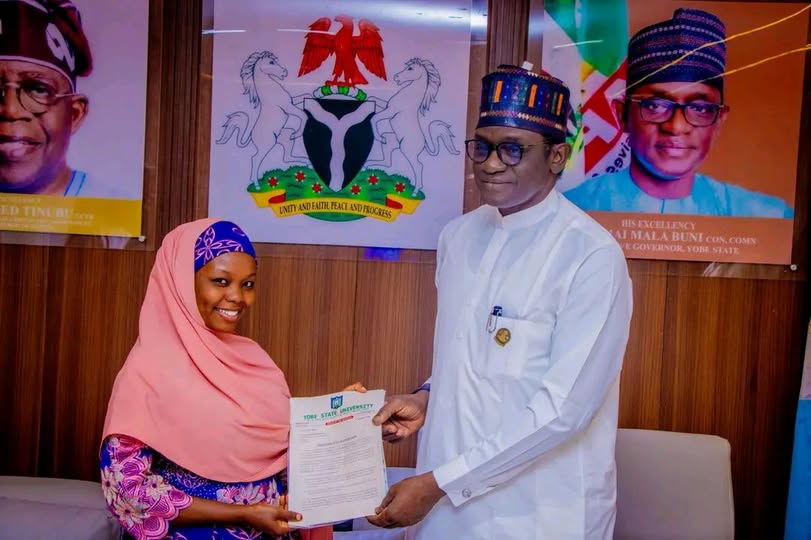Entrepreneur advocates 35% affirmation
Minister of Women Affairs, Hajiya Imaan Sulaiman-Ibrahim, has called for urgent action to close gender gaps and accelerate social inclusion, warning that Nigeria’s aspiration of becoming a $1 trillion economy cannot be achieved if women and vulnerable groups remain excluded.
She stated this in her keynote address at the Gender and Inclusion Summit 2025 (GS-25), organised by the Policy Innovation Centre (PIC) of the Nigerian Economic Summit Group (NESG) in partnership with Plan International, held at the Abuja Continental Hotel. The summit, now in its fourth edition, had the theme: “New Voices and New Approaches for Accelerating an Inclusive Society.”
According to Sulaiman-Ibrahim, although women make up over 50 per cent of Nigeria’s population and own 43 per cent of micro, small, and medium-sized enterprises (MSMEs), only nine per cent of them have access to formal credit.
According to her, the persistent underrepresentation of women in leadership, the high number of out-of-school girls, particularly in the rural areas, and weak social protection systems continue to limit national development outcomes.
“We are at a defining moment in our national journey. Inclusion is not an abstract theory; it is the difference between hunger and hope, between survival and dignity,” she said.
She highlighted ongoing interventions under the Renewed Hope Social Impact Interventions – 774 (RH-SII774), launched earlier this year by President Bola Ahmed Tinubu. The programmes span women’s participation in agriculture, clean cooking solutions, financial empowerment, skills acquisition, and the Families First Initiative, which focuses on strengthening families as the bedrock of national stability.
The minister also disclosed that efforts were ongoing to establish a National Care Economy Framework, aimed at unlocking the productive potential of millions of women and caregivers.
She reiterated the ministry’s support for the Special Seats Bill for Women, describing political representation as key to achieving sustainable inclusion.
“When women are at the decision-making table, budget allocations shift toward education, health, and social protection. Societies become more prosperous,” she added.
In his welcome address, the Chairman of the Policy Innovation Centre, Mr Udeme Ufot, described the summit as a vital platform for turning evidence into policy. He explained that the summit had evolved from a conversation space into a “marketplace of ideas” where research informs national decisions and policy actions.
The Chairman of the Nigerian Economic Summit Group (NESG), Mr Niyi Yusuf, in his remarks, reaffirmed the Group’s commitment to advancing inclusive growth. He noted that inclusion was not just a matter of fairness but of economic survival and national stability.
MEANWHILE, an entrepreneur and founder of Brain Health Initiative Nigeria (BHIN), Ibadan, Dr Temitope Farombi, has called for a full implementation of 35 per cent affirmative action for women in Nigeria.
Farombi, a neurologist and Ph.D. holder in Global Health from a British university, made the call in a chat with The Guardian in Ibadan, the Oyo State capital.
Recall that the Senate had, during the last International Women’s Day, pledged that it would ensure the implementation of 35 per cent affirmative action for women in parliament.
Speaking in the light of the pledge, Farombi, who is the founder of Brain Neurological Centre, Ibadan, urged the Executive Arm of government to appoint 35 per cent of women into public offices in line with the Maputo Protocol.
The neurologist argued that women had what it takes to lead effectively, stating that there are many women of substance in Nigeria, who have character, competence, and capacity to drive beneficial reforms at all levels of government.






